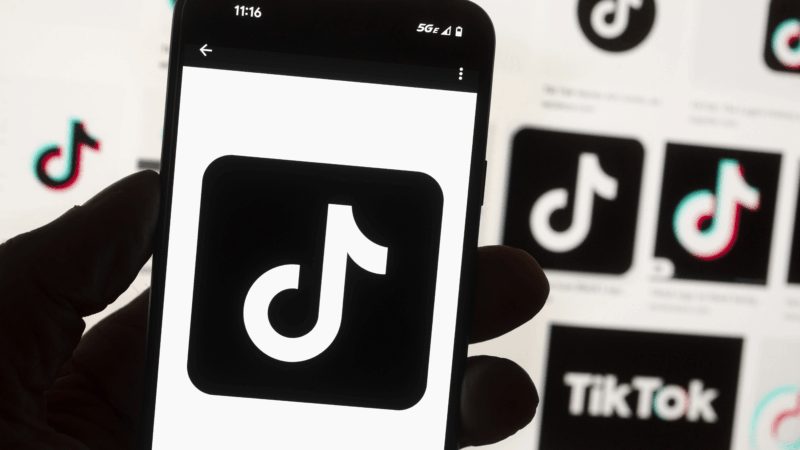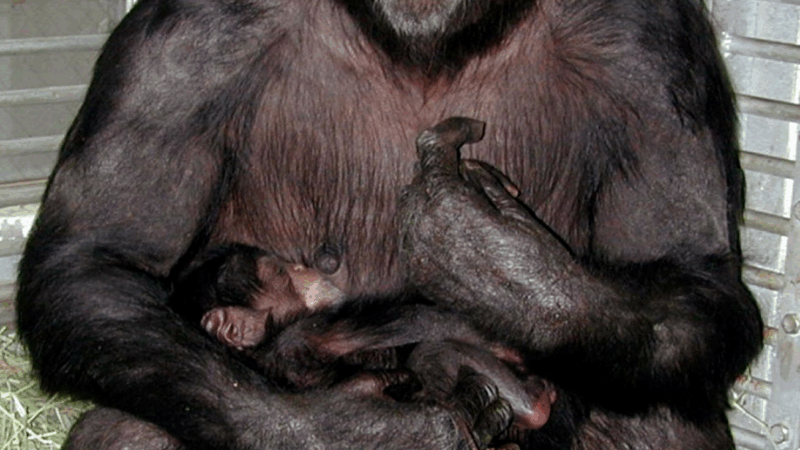Trump says talk with China’s Xi yielded progress, including on TikTok
President Trump said a call with Chinese leader Xi Jinping on Friday yielded progress on a range of thorny bilateral issues, including the fate of the short video platform TikTok. He also said he will meet Xi this fall and travel to China early next year.
“I just completed a very productive call with President Xi of China. We made progress on many very important issues including Trade, Fentanyl, the need to bring the War between Russia and Ukraine to an end, and the approval of the TikTok Deal,” Trump wrote on social media.
China’s state news agency Xinhua called the conversation “pragmatic, positive and constructive.”
On TikTok, it cited Xi as saying Beijing “respects the wishes of enterprises and is pleased to see companies conduct business negotiations on the basis of market rules and reach solutions that comply with Chinese laws and regulations while balancing interests.”
But it added: “China hopes the U.S. will provide an open, fair, and non-discriminatory business environment for Chinese enterprises investing in the U.S.”
In a statement posted online, ByteDance wrote: “We thank President Xi Jinping and President Donald J. Trump for their efforts to preserve TikTok in the United States. ByteDance will work in accordance with applicable laws to ensure TikTok remains available to American users through TikTok U.S.”
The Trump-Xi call follows talks last week between U.S. Treasury Secretary Scott Bessent and Chinese Vice Premier He Lifeng in Madrid, where the two sides announced they had agreed on a “framework” for handling ownership of TikTok.
But as of Friday morning, neither side had released any details about a deal, including which U.S. companies would be involved, whether TikTok’s Beijing-based owner ByteDance would retain a stake, and who would control TikTok’s prized algorithm.
Negotiating a deal has been a lengthy, fraught process. TikTok has said the app has 170 million users in the United States — roughly half the population — leading to concerns among security analysts and lawmakers that the Chinese government could squeeze TikTok’s Beijing-based owner ByteDance for data on Americans, or use the platform to influence them.
Congress passed a law last year mandating that TikTok go offline in the U.S. unless ByteDance gives up control. TikTok sued, arguing that a ban violates users’ free speech rights, but the law was upheld in early January by the Supreme Court.
Just hours before the ban went into effect on Jan. 19, TikTok briefly went offline in the United States. But on Inauguration Day, Trump issued an executive order pausing enforcement of the ban for 75 days, and extending a liability shield to companies that provide back-end support to the video platform or host it in app stores. Trump has since given TikTok three more extensions as his administration tried to broker a deal for ByteDance to divest and U.S. companies to take control — a series of reprieves that legal experts have questioned.
The fate of TikTok became increasingly wrapped up in sweeping trade talks between Washington and Beijing that include strategically thorny topics like tariffs, microchips, rare earth minerals and China’s export of chemicals used to make the synthetic opioid fentanyl.
The U.S. and China found themselves in a tariff spiral earlier this year after President Trump’s announcement of “Liberation Day” tariffs. The two sides announced several rounds of tit-for-tat retaliatory levies until U.S. tariffs on Chinese imports hit 145%, and Chinese tariffs on U.S. exports topped out at 125%, threatening to bring all trade to a halt.
At a meeting in Geneva in May, the two sides announced a 90-day truce, lowered tariff rates and eased other trade barriers including deliveries of Chinese rare earth minerals.
In August, Trump issued an executive order to keep tariffs low while trade negotiations continue. At present, the standard U.S. tariff rate on Chinese goods is 30%, while China’s rate on American goods stands at 10%.
There’s more at stake than just trade, however.
Hong Kong’s South China Morning Post reported last week that China and the U.S. were in the “final stage” of negotiations for Trump to make a state visit to China, after Beijing sent a formal state invitation early this month.
The leaders of the world’s top two economies spoke in June and agreed on an in-person meeting. If Trump travels to China, it will be the first visit to the country by a U.S. president since 2017, when he went in his first term.
For Xi, analysts say, a visit would be a symbolic win, demonstrating U.S. respect and underscoring his peer status with Trump. It would also likely help stabilize the bilateral relationship while improving trade relations and rhetoric, something Beijing has been keen to secure as it grapples with a sluggish economy.
US launches new retaliatory strike in Syria, killing leader tied to deadly Islamic State ambush
A third round of retaliatory strikes by the U.S. in Syria has resulted in the death of an Al-Qaeda-affiliated leader, said U.S. Central Command.
NASA rolls out Artemis II craft ahead of crewed lunar orbit
Mission Artemis plans to send Americans to the moon for the first time since the Nixon administration.
Trump says 8 EU countries to be charged 10% tariff for opposing US control of Greenland
In a post on social media, Trump said a 10% tariff will take effect on Feb. 1, and will climb to 25% on June 1 if a deal is not in place for the United States to purchase Greenland.
‘Not for sale’: massive protest in Copenhagen against Trump’s desire to acquire Greenland
Thousands of people rallied in Copenhagen to push back on President Trump's rhetoric that the U.S. should acquire Greenland.
Uganda’s longtime leader declared winner in disputed vote
Museveni claims victory in Uganda's contested election as opposition leader Bobi Wine goes into hiding amid chaos, violence and accusations of fraud.
Opinion: Remembering Ai, a remarkably intelligent chimpanzee
We remember Ai, a highly intelligent chimpanzee who lived at the Primate Research Institute of Kyoto University for most of her life, except the time she escaped and walked around campus.






